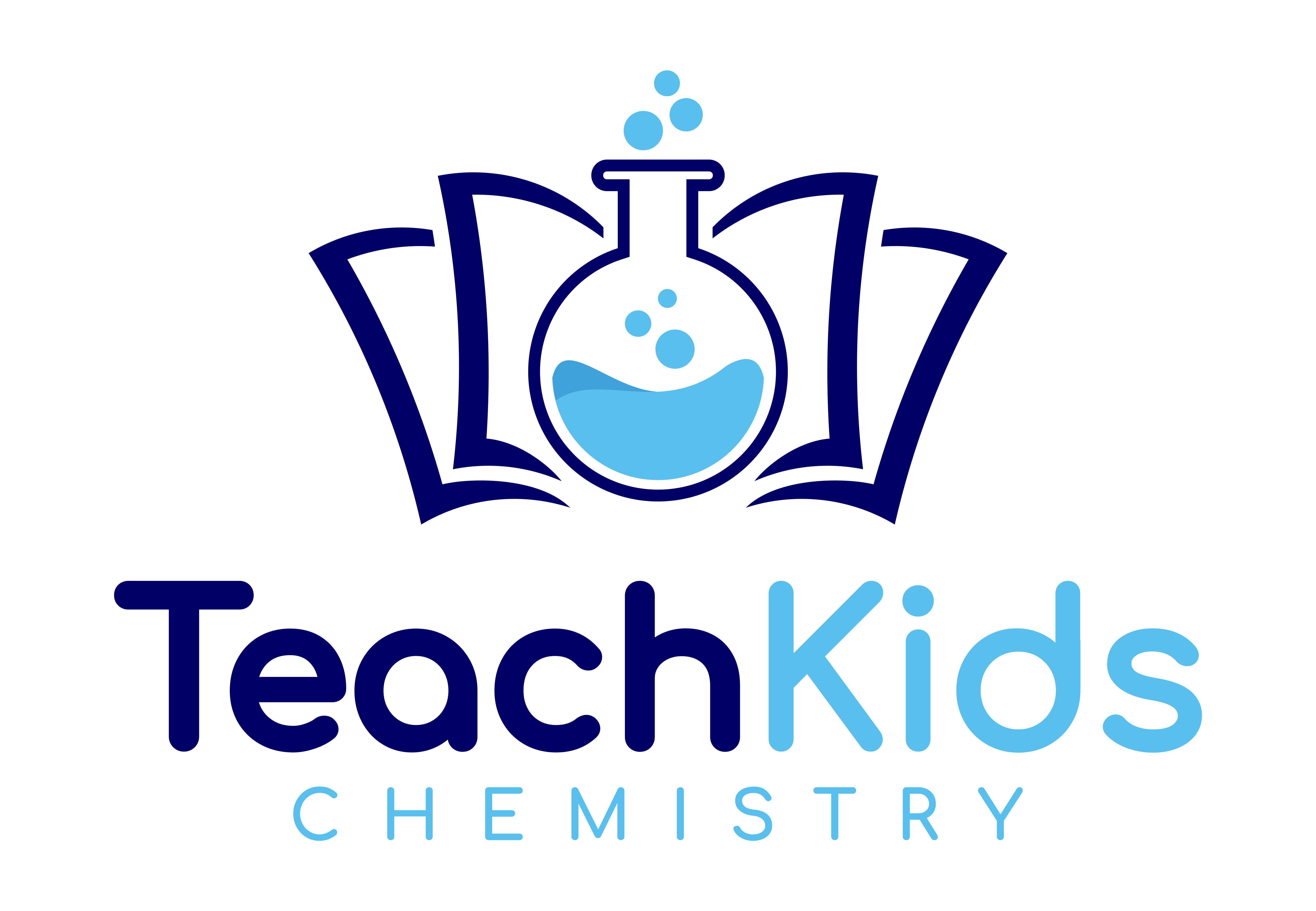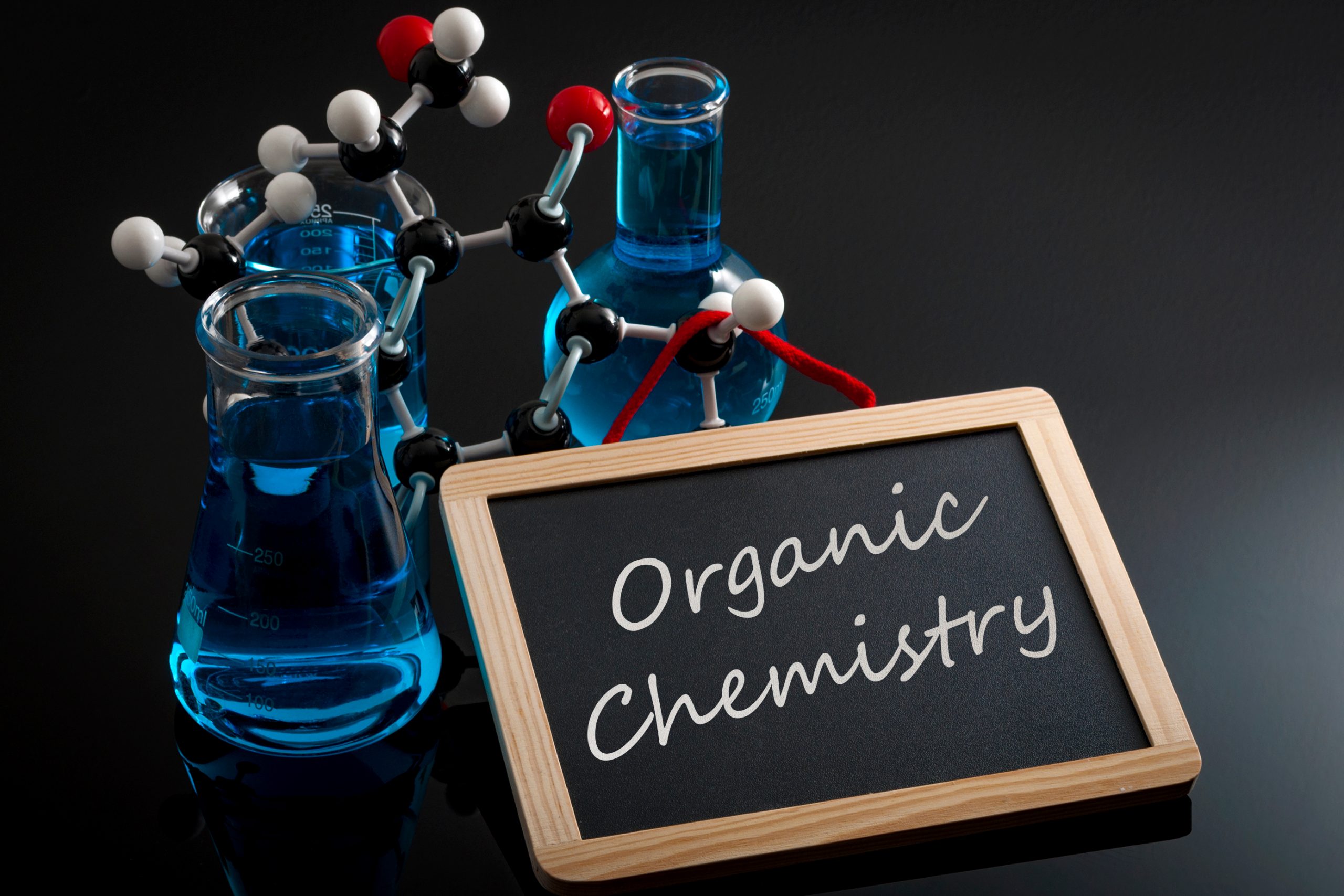Organic chemistry is a key chemistry concept taught to those looking to advance their chemistry knowledge. By creating covalent links with itself and other atoms, carbon can construct an unlimited variety of structures. In organic chemistry, we look at the many reactions and analytical processes utilized by organic chemists in their daily jobs. In addition, we look at reaction processes to see how these things happen at the molecular level. In a nutshell, organic chemistry is like to putting together molecules just like we use Legos to build a house, with a focus on carbon.
What is Organic Chemistry?
Organic chemistry is concerned with carbon-based compounds. It has connections to biology, medicine, and material science, among other fields. Chemists in this subject are interested in the chemical composition and reactions of organic compounds.
Importance of Carbon in Organic Chemistry
Carbon is the essential building component of all living things. C is essential to every life on Earth. Through the study of carbon and organic molecules, researchers have the opportunity to get a deeper understanding of the workings of living things, including the human body.
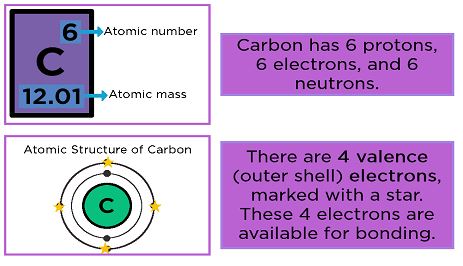

Organic Molecules
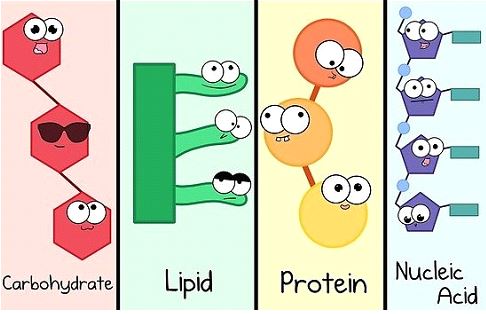

The vast majority of biological substances are composed of long chains or rings of carbon atoms, which are joined together by atoms of other elements. Organic molecules are made up of carbon (C), hydrogen (H), oxygen (O), nitrogen, phosphorus (P), and sulphur (S). Organic compounds can be found in the following forms:
⦁ Carbohydrates: Carbohydrate molecules are formed entirely of carbon, hydrogen, and oxygen and may be found in practically any diet. Carbohydrates and sugars are necessary for our survival.
⦁ Lipids: Lipids are long chain of fatty acids. They are used by living organisms to store energy over time.
⦁ Proteins: Amino acid chains are the building blocks of proteins. Proteins are in charge of practically all of a cell’s functions.
⦁ Nucleic Acids: Nucleic acids, such as DNA and RNA, are constructed from lengthy chains of subunits. DNA is a type of molecule that stores information that may be accessed by protein molecules like genes. This information may be found in genes. The DNA code is moved from its storage site to the spot where it is meant to be used with the assistance of the RNA.
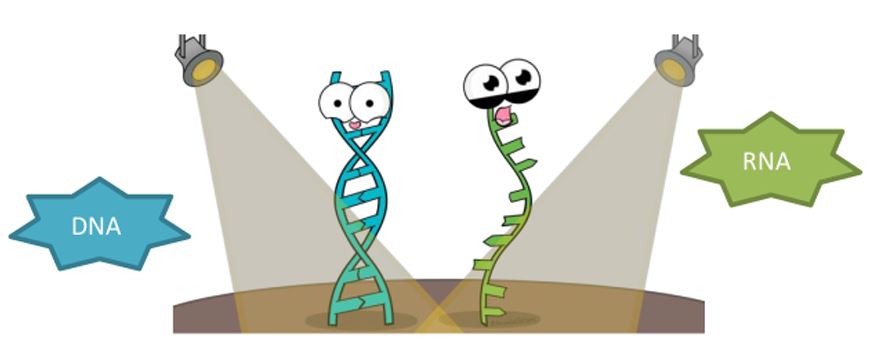

Organic Compounds in Everyday Life
Organic compounds may be found in a variety of commonplace items. Organic molecules can contain oxygen, nitrogen, sulfur, and phosphorus in addition to carbon and hydrogen. Inorganic molecules, on the other hand, do not have a carbon-hydrogen bond. A few of organic compounds that can be found in everyday life are illustrated in the picture below:
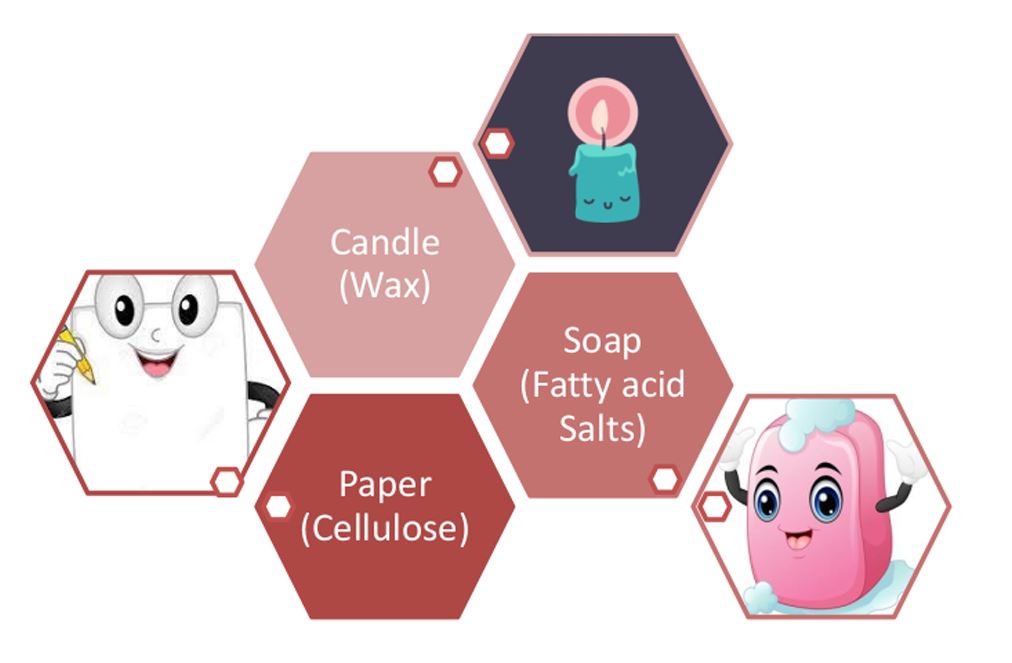

Classification of Organic Compounds
Organic compounds account for more than 90 percent of all chemicals. It is necessary to separate the compounds into various categories in order to analyze such a big number of them. The categorization of organic compounds and the major classes into which they are categorized is depicted in this diagram:
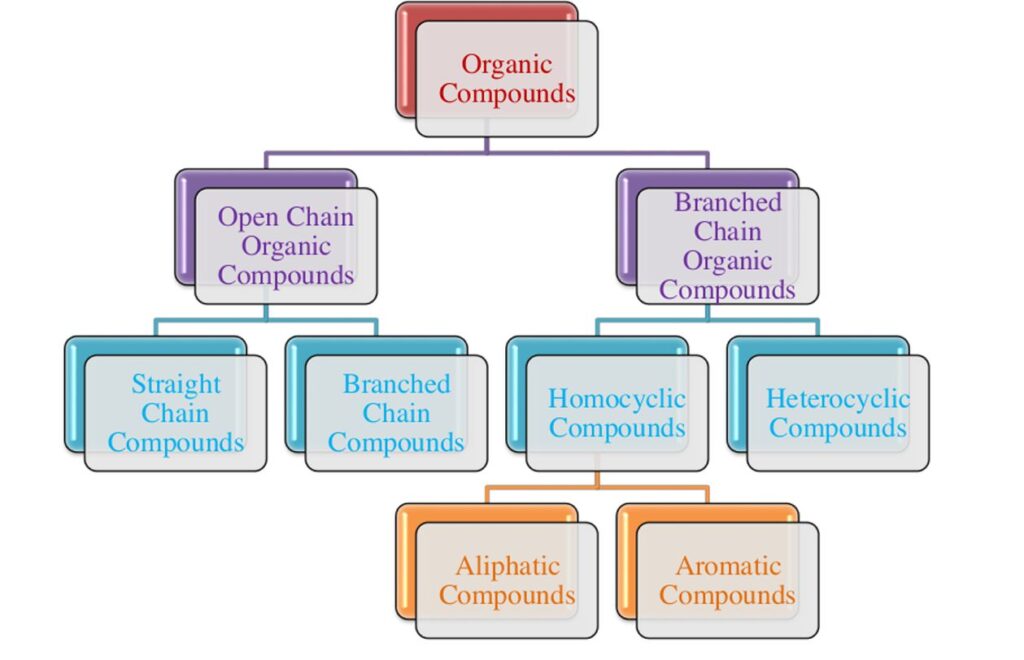

Check out other cool chemistry concepts with other chemistry kits below!
